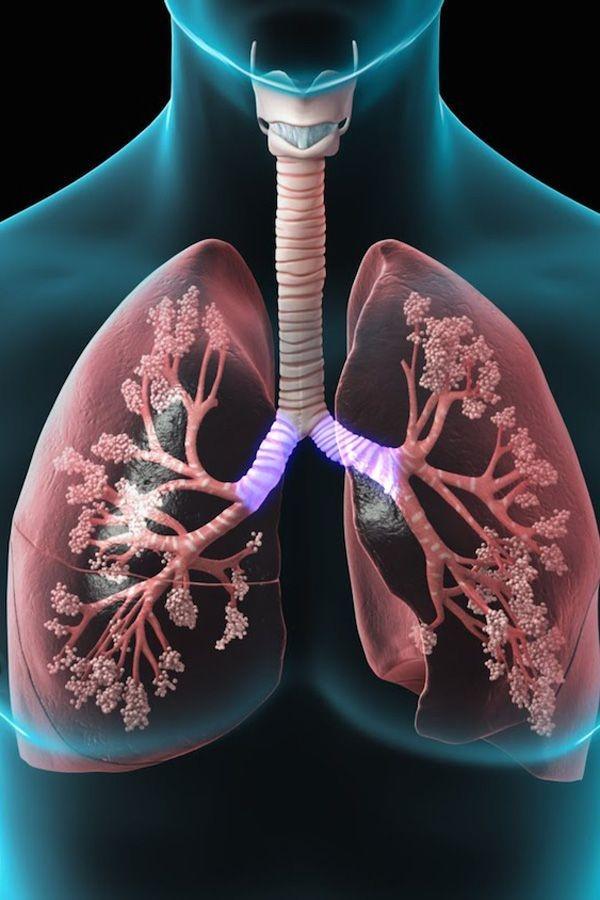MUMBAI: For the first time in the world, scientists working in a public laboratory in the city have come up with a rapid test to ascertain if a person has silicosis, a progressive lung disease caused by exposure to silica.
The kit – which detects levels of serum CC16 in blood — is the result of a collaboration between the Mumbai team of the National Institute of Virology (NIV) and the National Institute for Occupational Health. “India has a high burden of silicosis with an estimate of 1.25 crore patients at the moment,” said Dr Shyam Sundar Nandi from the Mumbai laboratory, who is one of the scientists who developed the test.
The invention, called a point of care test, is similar to a pregnancy test kit and detects levels of serum CC16 in a drop of blood. “Based on the concentration of the serum, we can diagnose the patient with severe, mild disease or is likely to develop it in the near future,” said Dr Nandi. When the value of serum CC16 is between 6 and 9 ng/ml, it is indicative of early silicosis. The research work has been accepted in the medical journal, Nature Scientific Reports.
Silicosis is an incurable lung disease caused by inhaling large amounts of crystalline silica dust for years. Silica is a naturally found element found in stones, rock and sand; people working in cement factories, marble cutting work or mines are highest at risk for the disease. “Every day, eight crore people are exposed to silica in India alone,” said the scientist. Silicosis is usually diagnosed at an advanced stage when nothing much can be done to prolong the person’s life. Hence, early detection of silicosis could help the patient.
Source: ToI
You may also like
-
India Against Mpox
-
Combination of ‘Siddha’ Drugs Reduces Anemia in Adolescent Girls: Study
-
Suspected Mpox Case Under Investigation; Patient Put Under Isolation, No Cause for Alarm
-
Prime Minister Applauds India’s Best Ever Performance at the Paralympic Games
-
National Exit Test (NExT) for Ayush to be Effective from 2021-2022 Batch: Union Minister of Ayush Shri Prataprao Jadhav
